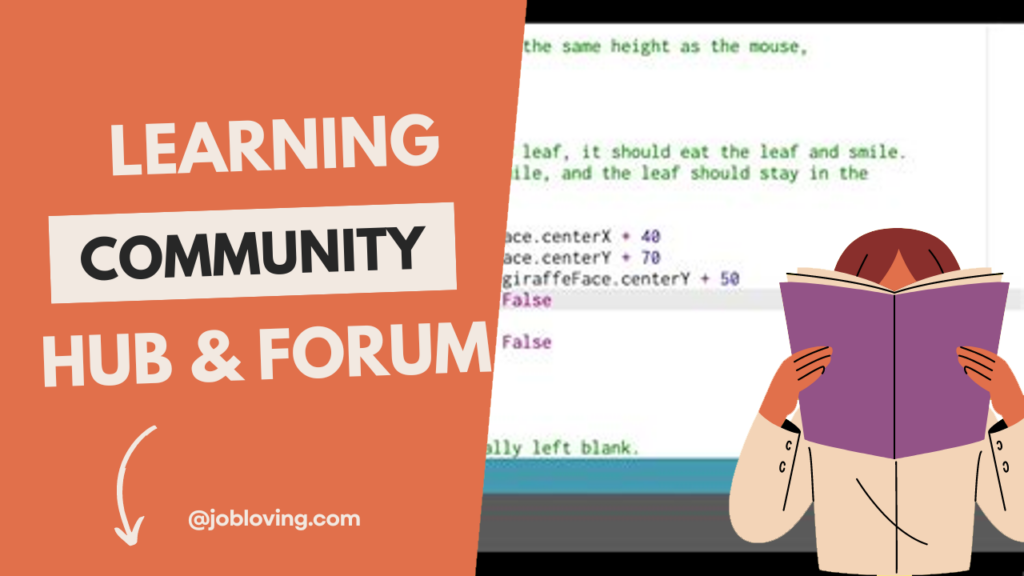Have you ever wondered what it feels like to tackle some of the most challenging classes in the Computer Science realm? For students at Carnegie Mellon University (CMU), this question transforms into a multitude of sleepless nights and coding sessions. Among the landscape of rigorous courses, Operating Systems (OS) and Compilers reign supreme as the ultimate hurdles, testing both the intellect and endurance of aspiring tech geniuses. Let’s dive a bit deeper into why these subjects are such a wild ride!
The Short Answer: OS and Compilers
When it comes to the hardest classes in CMU’s Computer Science program, Operating Systems and Compilers take the cake! These courses are notorious for their heavy workloads and complex concepts.
Now, if you’re gearing up to enroll in these courses, buckle up! Operating Systems delves into the inner workings of how software communicates with hardware, memory management, processes, and multitasking. It’s not just about understanding theories but actually applying them, which is where things get hairy. You might find yourself wading through a swamp of programming assignments and real-world applications that require deep analytical skills.
On the other hand, Compilers takes a trip through the fascinating yet convoluted world of transforming high-level programming languages into machine code. It involves parsing, syntax analysis, and lots of head-scratching moments as you learn what makes languages tick under the hood. You’re practically learning a new language! Plus, tackling optimization techniques adds another layer of complexity. Many students find themselves wishing for an easy button by the time finals roll around.
In essence, both classes are hefty in terms of content and expectations. Combine rigorous projects with late-night study sessions, and you can understand why they sit at the pinnacle of challenging courses. But fear not—completing these courses can be incredibly rewarding and empowering for one’s career in tech!
So, if you’re a part of the CMU community or just a curious soul exploring the depths of CS education, don’t shy away from the challenges. Remember, success often requires a little discomfort! And hey, if you have more questions or want to join a space where we discuss everything from tough classes to career tips, check out the JobLoving community for more awesome resources!
Key takeaways about What is the hardest class in CMU CS?
Challenges in Core Computer Science Courses
- Deep Learning Systems and Computer Architecture are considered challenging classes in CMU’s CS curriculum.
- The difficulty of classes like Optimizing Compilers and Advanced Operating Systems is widely recognized among students.
- 15-213 focuses on low-level programming, demanding strong hardware and software understanding from students.
- 15-312 challenges students with theoretical aspects of programming languages, often perceived as abstract and complex.
- 15-251 is frequently mentioned as one of the hardest courses due to its mathematical depth.
- 15-150 is noted for its complexity, especially for those struggling with recursion concepts.
- Many CMU students experience burnout due to the intense academic workload and high expectations.
- Course difficulty may also reflect the evolving nature of technology and its educational demands.
Impact of Workload and External Factors
- Balancing job interviews with coursework significantly increased the workload for CMU CS students.
- Students often report feeling overwhelmed by the rigorous academic environment at CMU’s School of Computer Science.
- Online and hybrid learning formats during the pandemic affected focus and performance in CS classes.
- Research opportunities at CMU provide valuable experience but can be demanding and time-consuming.
- Graduate Reading and Research courses offer flexibility but require self-motivation and discipline from students.
- Collaboration among peers can alleviate some challenges faced in notoriously difficult courses at CMU.
- Class participation and engagement significantly impact students’ experiences and learning outcomes in difficult courses.
- Networking with industry professionals during research presentations can inspire students toward practical research applications.
Variability in student experiences and perceptions
- Difficulty perception varies significantly among students, influenced by personal strengths and teaching styles.
- Students’ backgrounds significantly affect their experiences in challenging courses across various disciplines at CMU.
- Faculty teaching styles can greatly impact students’ perceptions of course difficulty and engagement levels.
- Personal interest in course material can significantly influence students’ perceptions of difficulty at CMU.
- Students often find interdisciplinary courses particularly demanding due to their diverse skill requirements.
- Engineering courses such as 18-202 demand strong mathematical skills, particularly in dynamics and motion.
- Managerial Economics in business combines economics with quantitative analysis, challenging for math-averse students.
- Abstract concepts in mathematics, such as those in 21-241, often contribute to students’ struggles.
Strategies for Success in Difficult Courses
- TA positions provide insights into teaching and reinforce learning, especially in complex subjects like databases.
- Advanced Database Systems fostered a deep understanding of database internals and design decision trade-offs.
- Deep Learning Systems emphasized practical implementation, enhancing appreciation for deep learning libraries like PyTorch.
- The collaborative environment at CMU helps students manage challenging coursework and research demands.
- Overall, CMU’s rigorous curriculum prepares students for real-world challenges beyond academic settings.
- The onboarding course, 15-112, successfully transforms novices into competent programmers through extensive assignments.
- Interdisciplinary courses like 76-101 require rigorous writing and critical analysis, adding to academic challenges.
- Art and Design courses, like 60-221, set high expectations for creativity and critique, increasing difficulty.

